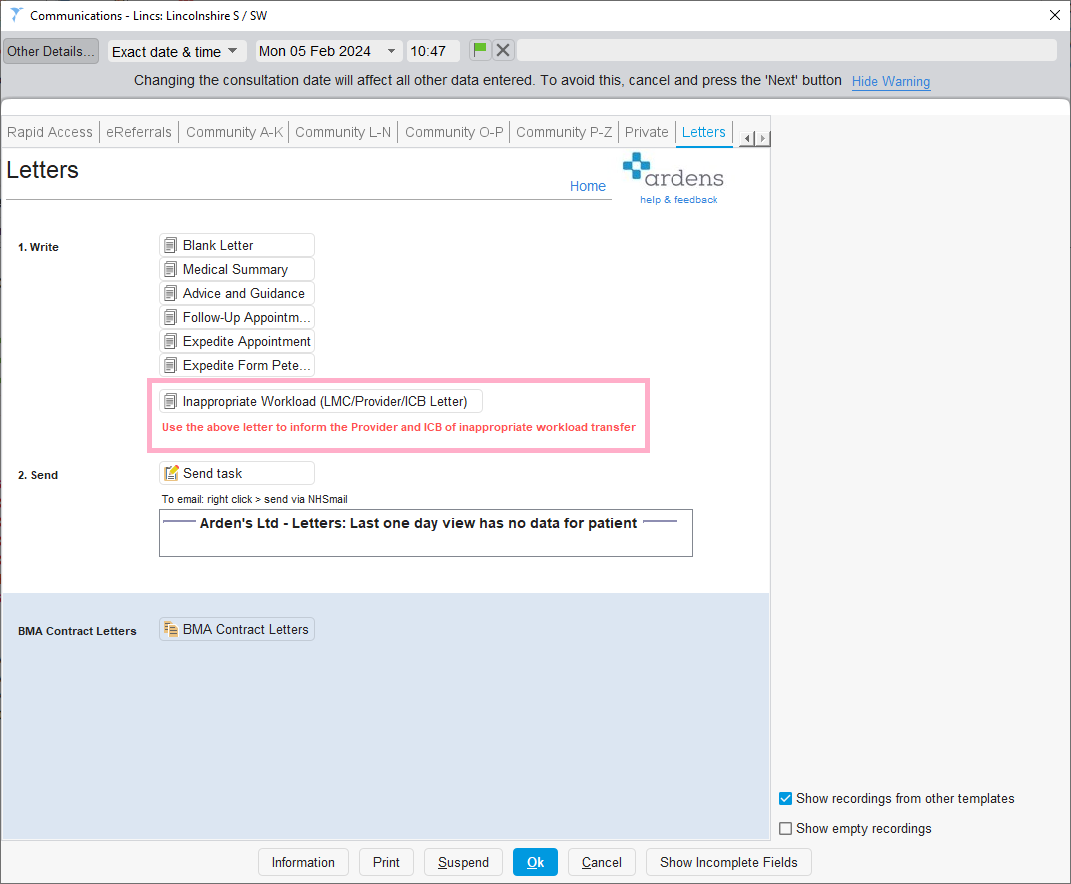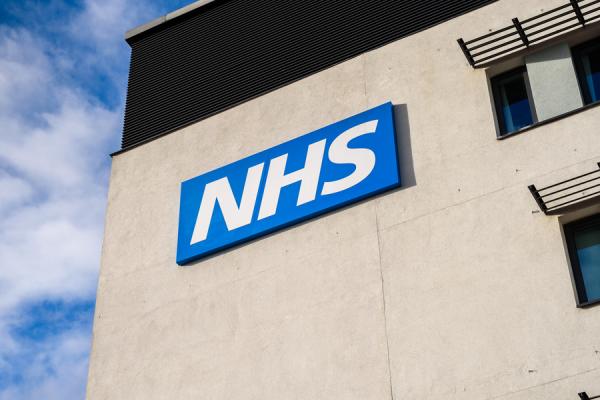Secondary to Primary Care Workload Shift
One of the challenges we have faced for years in our daily work in general practice is the non-contractual workload shift from secondary care. The requests of colleagues in practices across Lincolnshire to undertake work that should be performed by colleagues in secondary care is estimated to use up to 20% of general practice capacity to address.
This excess burden on non-contractual work not only adds pressure to capacity in practices already managing increasing patient demand but can cause frustration for general practice colleagues as it affects patient journeys, affects GP-patient relationships, and can make colleagues feel undervalued in the system. Historically, some colleagues, while knowing undertaking this non-contractual work may impact their capacity to address direct general practice generated workload, have done so to avoid patient harm, maintain patient relationships and to not expend more precious time requesting secondary care colleagues undertake the remedial actions themselves.
The NHSE document Recovering Access to Primary Care from May 2023 seeks to “Reduce Bureaucracy” by addressing this workload shift and improving the primary-secondary care interface.
Lincolnshire LMC and key partner organisations including ULHT, LCHS, LPFT and Lincolnshire ICB have formed an “Interface Operational Group” to address the Interface.
The main aim of this interface work from an LMC perspective is to create a framework for ongoing and sustained resolution in the workload shift you see from secondary care in your practice.
This will:
- Reduce the pressure on your capacity and time.
- Release capacity for you and your team to focus on only general practice work.
- Reduce the utilisation of precious general practice resources to undertake secondary care work.
- Improve patient experience and outcomes.
- Improve your sense of value within the Lincolnshire NHS system.
One core aspect of this Interface workstream is improving secondary care understanding of general practice pressures, but crucially, highlighting the contractual obligations of general practice and how general practice is funded. Many colleagues in secondary care, having not working in general practice, do not understand what general practices is commissioned and funded to do – If they don’t understand how we are commissioned or funded do they realise they shouldn’t be asking us to do certain work?
To complement that understanding, improved professional relationships are needed. When a system is stressed, or does not understand other organisations and their pressures, professionalism of communications and appropriate workload requests may suffer. – If they understand us and what we should be doing, can they communicate appropriately and understand when why say no?
The Interface group will feed into all organisations within Lincolnshire ICS to embed that communication should follow the principles of Academy of Medical Royal Colleges - Behaviour and communication principles
You will also recall that the LMC recently highlighted the Ardens Template letter for practices to send when they receive a request from secondary care that asks general practice to perform a non-commissioned episode of work.
Can we please ask you and your practice colleagues to submit those Ardens template letters to the secondary care provider and ICB with every such request you are sent. We know that current submissions do not reflect the full volume of requests practices receive so submitting on each occasion will:
- Help your LMC demonstrate the true volume and impact of these requests on GP capacity.
- Highlight key themes and generate live issues for the Interface working group to address and resolve to help you.
Current themes generated by the submitted template letters have resulted in Med3s and Onward referral requests by secondary care being the live issues we are addressing. Submitting the template letters helps your concern become our focus.
Help us as your LMC, help you, your practice and your patients by supporting this crucial and potentially transformative workstream by:
- Telling your colleagues about this work to raise awareness.
- Attend one of our upcoming “Meet the Consultants” sessions.
- Submit the Ardens template letters to help us evidence the need for change (see below).





